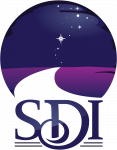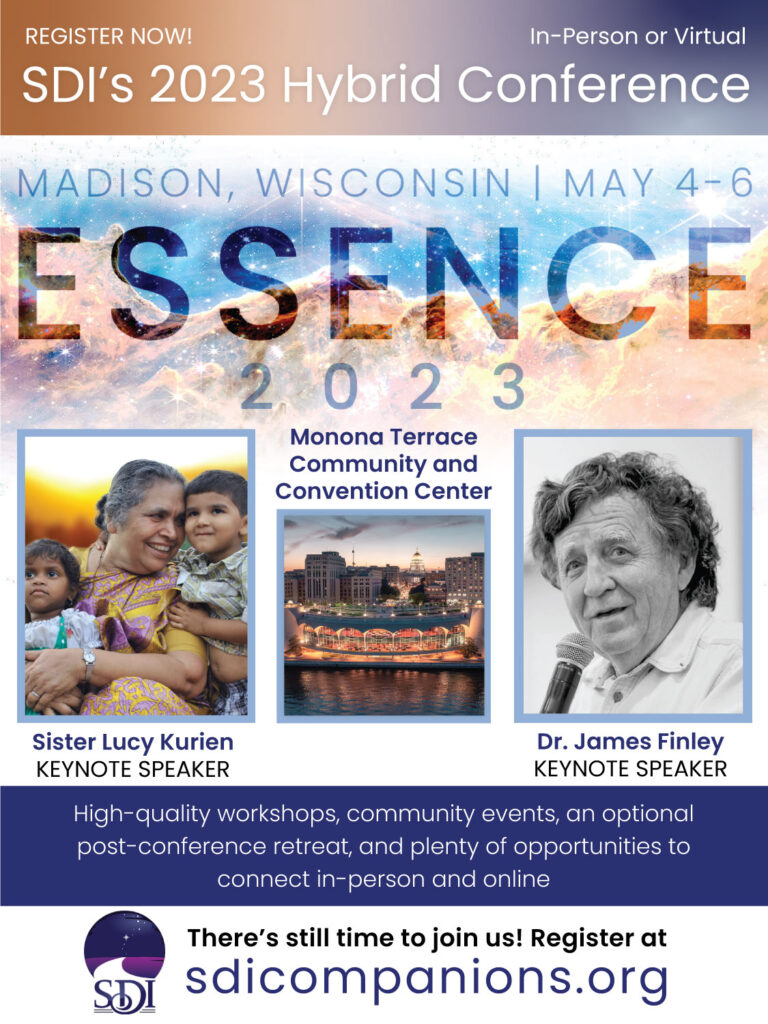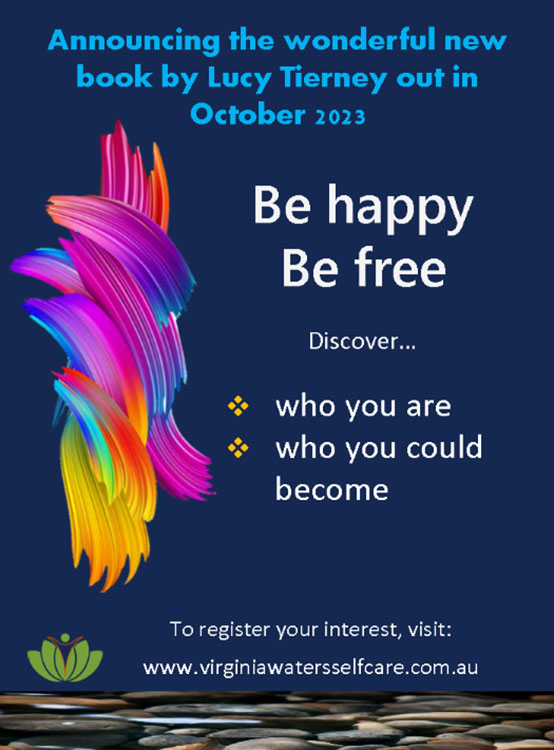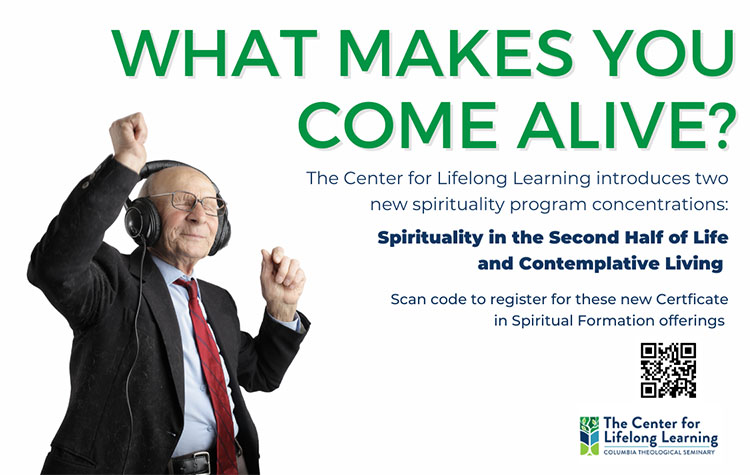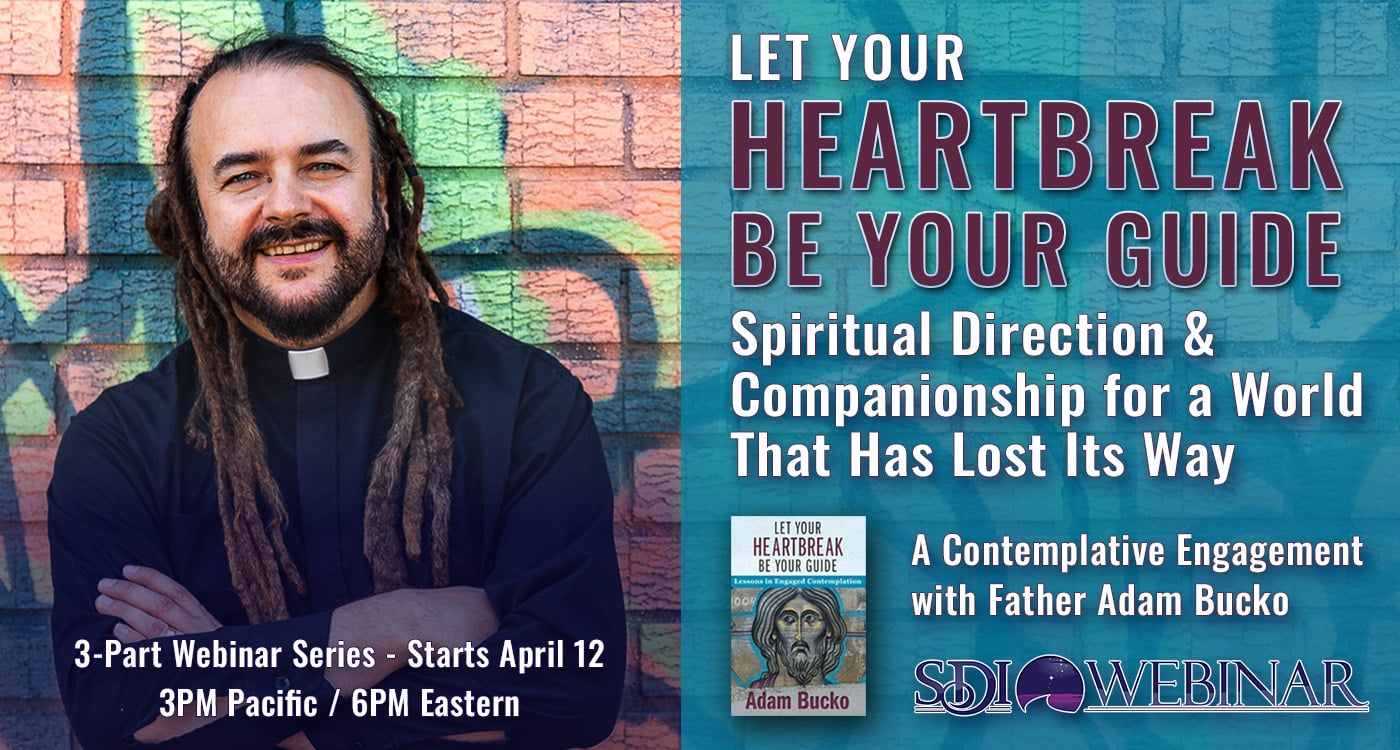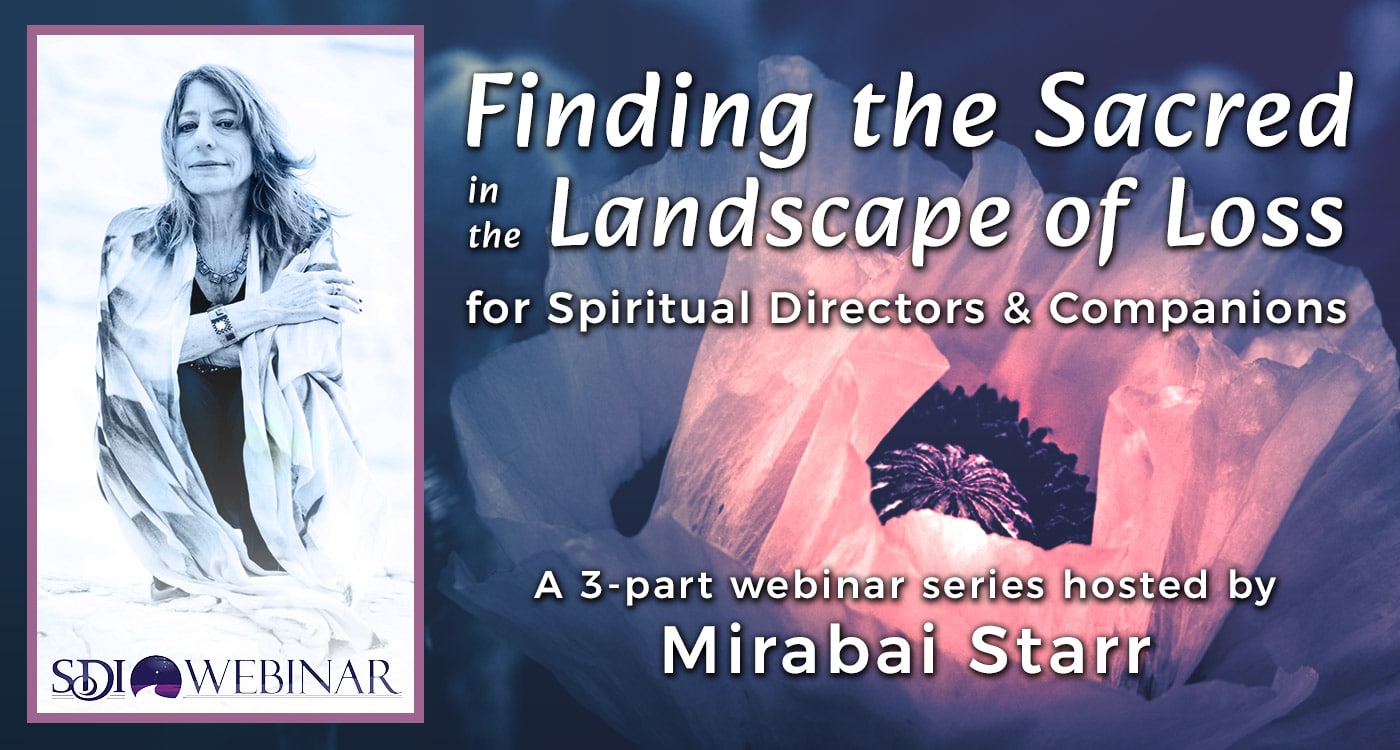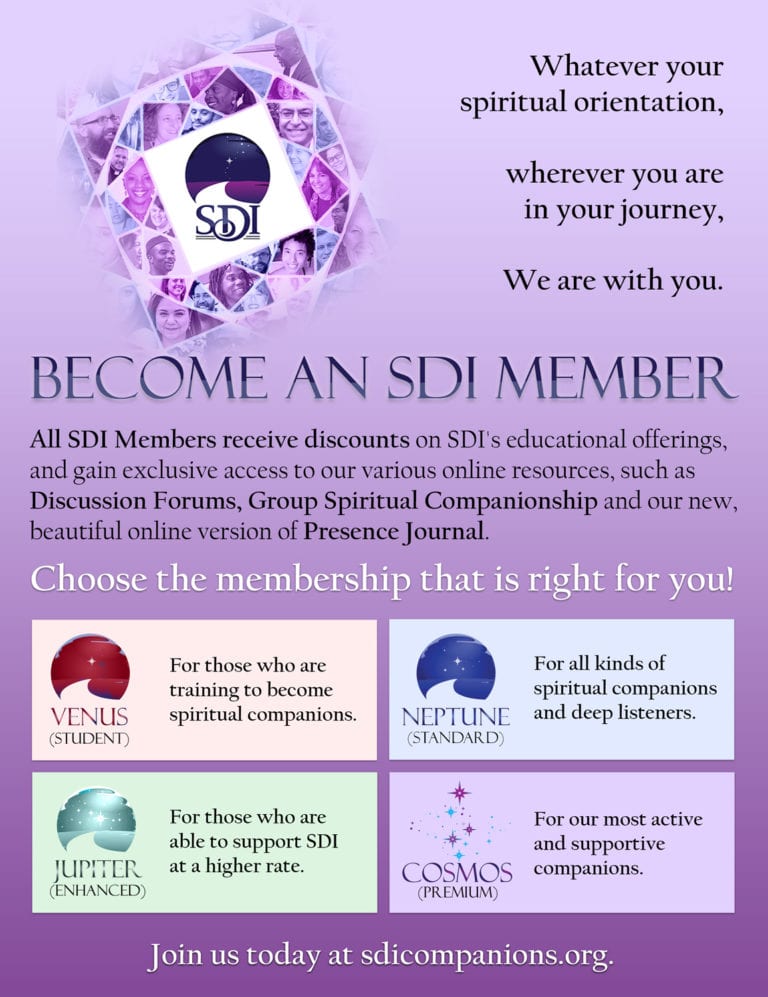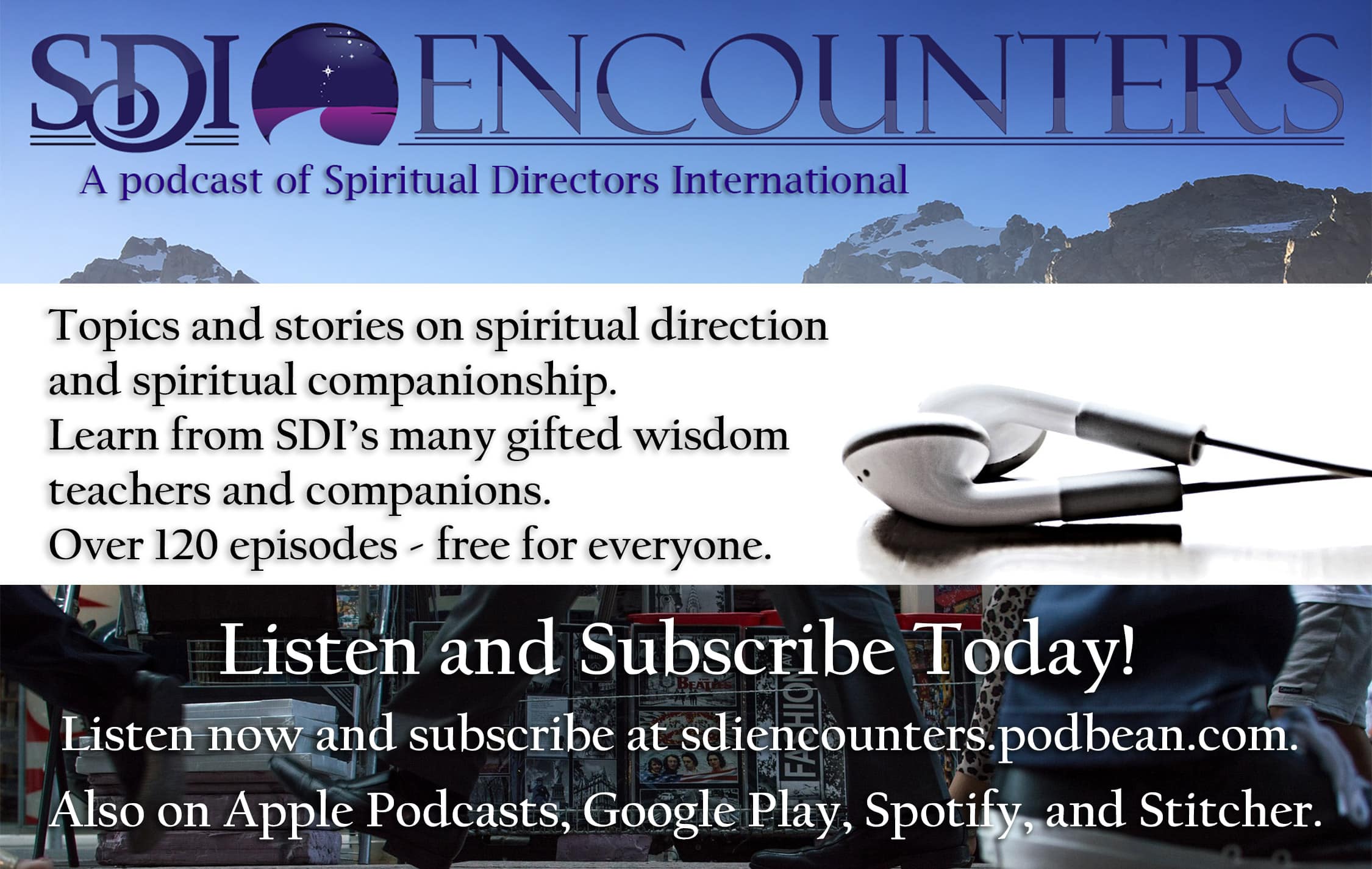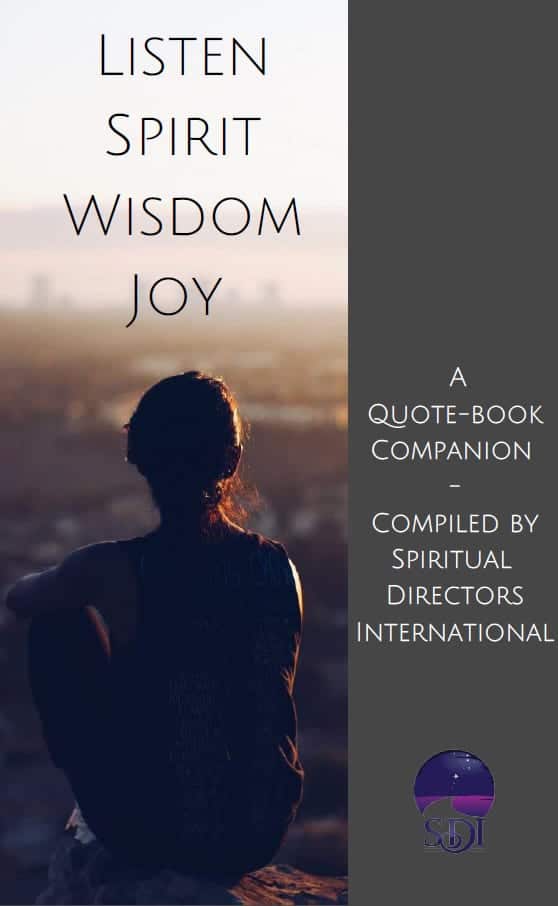Envisioning Diversity, Equity, Inclusion & Belonging (DEIB) Work as a Compassionate Practice
by Kelley Alexander and Margherita Vacchiano
(Editor’s Note: Kelley Alexander has been helping lead SDI’s discernments and training around DEIJ. As part of that process, I thought it appropriate to highlight this piece with her thoughts, and those of her co-writer Margherita Vacchiano, on the DEIJ process as a compassionate practice, which I believe Spiritual Directors and Companions will find especially resonant.)
“But the end is reconciliation; the end is redemption; the end is the creation of the Beloved Community. It is this type of spirit and this type of love that can transform opposers into friends. It is this type of understanding and goodwill that will transform. It is this love which will bring about miracles in the hearts of [people].”
– Martin Luther King Jr., Facing the Challenge of a New Age delivered at the First Annual Institute on Nonviolence and Social Change, 1956.i
Building a Beloved Community and realizing a vision for living in harmony is the change that many of us are working toward. An essential part of this process is transforming human interactions, relationships, and behavior patterns while also creating a culture where every person, regardless of and because of their background, feels they belong. Oftentimes, it is in the “how” of creating and sustaining change that remains problematic as the challenges of our times and the perceptible dangers of reinforcing the status quo persist.
This article focuses on what it takes to support people to consistently engage their compassion and love as transformative superpowers. Martin Luther King, Jr. also said in his 1956 address that “the urgency of the hour calls for leaders in love with justice; leaders in love with humanity.” We know it is possible to usher in a new age together by honoring the courageous leader that exists within each of us and partnering with others to create a world in which all people, as King envisioned, “respect the dignity and worth of all human personality.”
Creating an ethos of welcome where belonging, comfort, connection, and contribution are possible for all…
There are social theories that suggest reasons why it is hard to create an ethos of welcome for all. One such theoryii states that it is “human nature” to gravitate toward people who look, sound, and think the way we do. According to this theory, we show favoritism toward people who are like us because those people help us construct our own sense of self; and this same-as-me behavior makes us feel safe and protected. This behavior can also engender a level of instinctive trust. Diverse spaces and difference can feel, for some, unsafe. We intuit all the ways in which someone is not like me and, very unconsciously, like unconscious bias, register that knowing as a threat. And since threats provoke a fight or flight response, when faced with difference, we reduce our discomfort by gravitating to those who are more like us.
The “us and them” paradigm is grounded in deep-rooted human leanings to divide the world into groups that prioritize and seek to protect the needs and resources of one’s own group while fearing the loss of those resources. This often leads to discrimination against other groups. On a broader level, institutional inequities can occur when sameness and affinity lead to hiring, promoting, offering better opportunities to, and mentoring people who remind us of ourselves.
This phenomenon also occurs in organizations. Benjamin Schneider’s Attraction-Selection-Attrition (ASA) Modeliii states that people are attracted to organizations that are congruent with their values, personalities, and needs; the organization, in turn, is filled with people with attributes that “fit” the organization’s culture; and those individuals who do not fit into the organizational culture leave. The people who remain and make up the organization become increasingly homogeneous. With this cycle, the potential benefits of a diverse organization are lost, and its capacity for innovation is greatly diminished.
It is important to challenge ourselves to think outside the box as we work to shift the paradigms of in-grouping and homogeneity that keep people separate and fearful of difference. We are living in an age of social transformation, and this reality has generated vast opportunities for change. For example, we can challenge the notion that the same-as-me disposition is inevitable human behavior and instead frame it as behavior that was once beneficial to group survival but that no longer serves us as we move toward building beloved and diverse communities of support.
To understand our biases and attitudes and value the experiences and perspectives of others, knowing ourselves is fundamental to the work of DEIB. Self-awareness is the ability to see and understand the things that make us who we are, such as our values, emotions, thoughts, and desires. Self-reflection is the ongoing and honest introspection required to further understand the places in us that act as barriers to fully embracing all manners of differences, identities, and backgrounds of others. This self-work is necessary to having the ability to create spaces in our lives and communities for welcoming difference and understanding and shifting the internal places that keep us from deeply connecting to others who are different from us. And self-acceptance is the first shift that makes the sense of belonging possible. The feeling of acceptance, unity, and solidarity in community with others starts within and includes actively seeking out diverse perspectives and connecting with people who are dissimilar or different from us.
Organizations are increasingly understanding that diversity and inclusion lead to belonging for people and equity for all. Creating an ethos of belonging means actively working toward changing the systemic conditions that disaffirm and devalue differences. Lasting change is built by a commitment to embedding comprehensive learning that focuses on personal action and systemic transformation into an organization’s processes and culture.
Why some diversity, equity, and inclusion (DEI) trainings and programs fail…
Studies confirm that too often DEI is regarded with distrust, and efforts to address discrimination appear to be more about optics than about real change. Some leaders are quick to create policies or issue statements of support but are inactive when it comes to taking significant action, such as addressing and revising unfair practices and psychologically unsafe work cultures. Initiatives created hastily or without genuine champions frequently leave leaders throwing up their hands saying, “DEI work is too hard. It takes too long to see results.” This lack of accountability and true commitment to change can lead to increased apathy and disconnection, as well as quiet and actual quitting—people either “checking out” emotionally or organizations losing valuable members.
DEI programs often fail despite their good intentions because they are short-term interventions that provide information that may have a slight impact on how people think (beliefs) and feel (emotions), but these efforts do not translate to behavior change. This is why poorly conceived DEI interventions oftentimes exacerbate issues and increase tensions. Education, resilience, and an ongoing commitment to systemic change do matter.
The connection between personal action, organizational systemic change, and social justice…
Transformative DEIB is the path forward…
Throughout many years of doing DEIB work, we have found that the Be Present Empowerment Model®, created over 50 years ago by Lillie P. Allenv, effectively engages transformative action. This Model®, at the core of the work of Transformative Diversity, Equity, Inclusion & Belonging (DEIB)TM, is an approach to the heart-felt acceptance of the experiences of others that supports shifts on individual, interpersonal, organizational, and societal/cultural levels.
On the individual level, people are supported in developing inner resilience, including self-knowledge and reflection, self-determination, and self-direction. On the interpersonal level, collaboration and relationships are strengthened, including building the skills to engage in difficult conversations, transform conflict, and build trust. And on the organizational level, systems are aligned with DEIB principles, including organizational structure, operations, and staffing. Using this framework, best practices are shared with social justice movements that impact our society and culture.
A transformation of the systemic paradigms that divide and separate people and groups is possible. As we continue the work of identifying and transforming within ourselves any belief or behavior that has an impact on our ability to embody compassion and love towards everyone, we will experience the beloved community through the seismic shifting that occurs whenever love is in action. And in the words of Martin Luther King, Jr.; “It is this love which will bring about miracles” in our hearts.
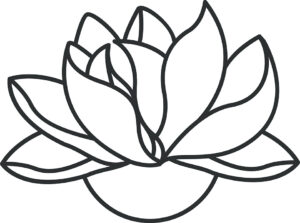


ii Clark, C., Liu, B., Winegard, B., Ditto, P. (2019). Tribalism is Human Nature, Current Directions in Psychological Science, 10.1177/0963721419862289.
iii Schneider, B., Goldstein, H., Smith, D. (1995). The ASA Framework: An Update, Personnel Psychology, 48 (4), 747-773.
iv Krieger, N. (2011). Epidemiology and the People’s Health: Theory and Context, Oxford Academic, https://doi.org/10.1093/acprof:oso/9780195383874.001.0001.
v Allen, L. P. “The present moment is the best moment for change.” https://bepresent.org/
Authors
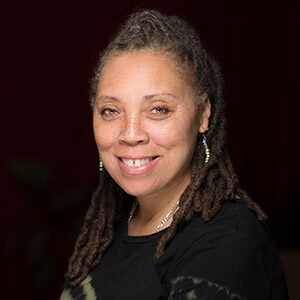
Kelley Alexander
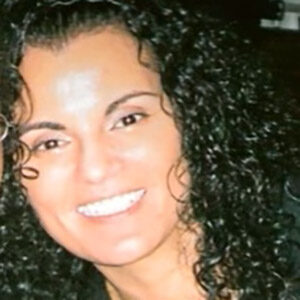
Margherita Vacchiano
Kelley Alexander, Ph.D. is a Co-Founder of Center of the Heart, an organization dedicated to creating a wellness community and promoting wellness through services and programs. Kelley partners with Margherita Vacchiano, SPHR, SHRM-SCP, as Co-Leaders of Transformative Action at Be Present, Inc., to envision, develop, and provide training and consultation using transformative methodologies in the areas of DEIB, Leadership, and Human Resources. Be Present, Inc. is a diverse network of people willing to risk being different with one another to create a just world for all.
GIVE ME YOUR HAND
Make room for me
to lead and follow
you
beyond this rage of poetry.
Let others have
the privacy of
touching words
and love of loss
of love.
For me
Give me your hand.
-Maya Angelou
“Our ability to reach unity in diversity will be the beauty and test of our civilization.”
Mahatma Gandhi
We must learn to live together as (siblings) or perish together as fools.
Martin Luther King, Jr.
Publisher: Spiritual Directors International
Executive Director and Editor: Rev. Seifu Anil Singh-Molares
Production Supervisor: Matt Whitney
Web Designer: Ann Lancaster
Submissions: [email protected]
Advertising: [email protected]
Contempla is published four times a year. The names Spiritual Directors International™, SDIWorld™, and SDI™ and its logo are trademarks of Spiritual Directors International, Inc., all rights reserved. Opinions and programs represented in this publication are of the authors and advertisers and may not represent the opinions of Spiritual Directors International, the Board of Directors, or the editors.
We welcome your feedback on any aspect of this issue of Contempla, or on SDI as a whole. Please send your comments to [email protected]
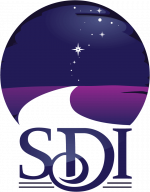
SDI es el hogar del compañerismo espiritual
PO Box 3584
Bellevue, WA 98009


